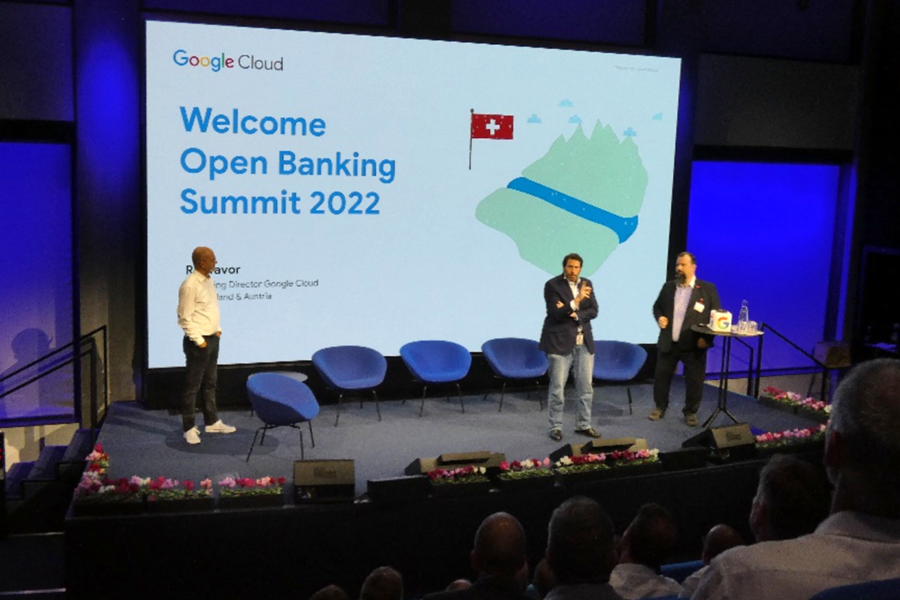
The art of cooperation
More and more companies are entering into partnerships to achieve benefits such as cost reduction, standardization, flexibility and increased quality. Such relationships are essential in order to remain competitive in a complex world. Nevertheless, numerous examples show that failures with far-reaching consequences can also occur. This blog post shows the factors that make partnerships successful and the norms that need to be met.
Continue reading »














